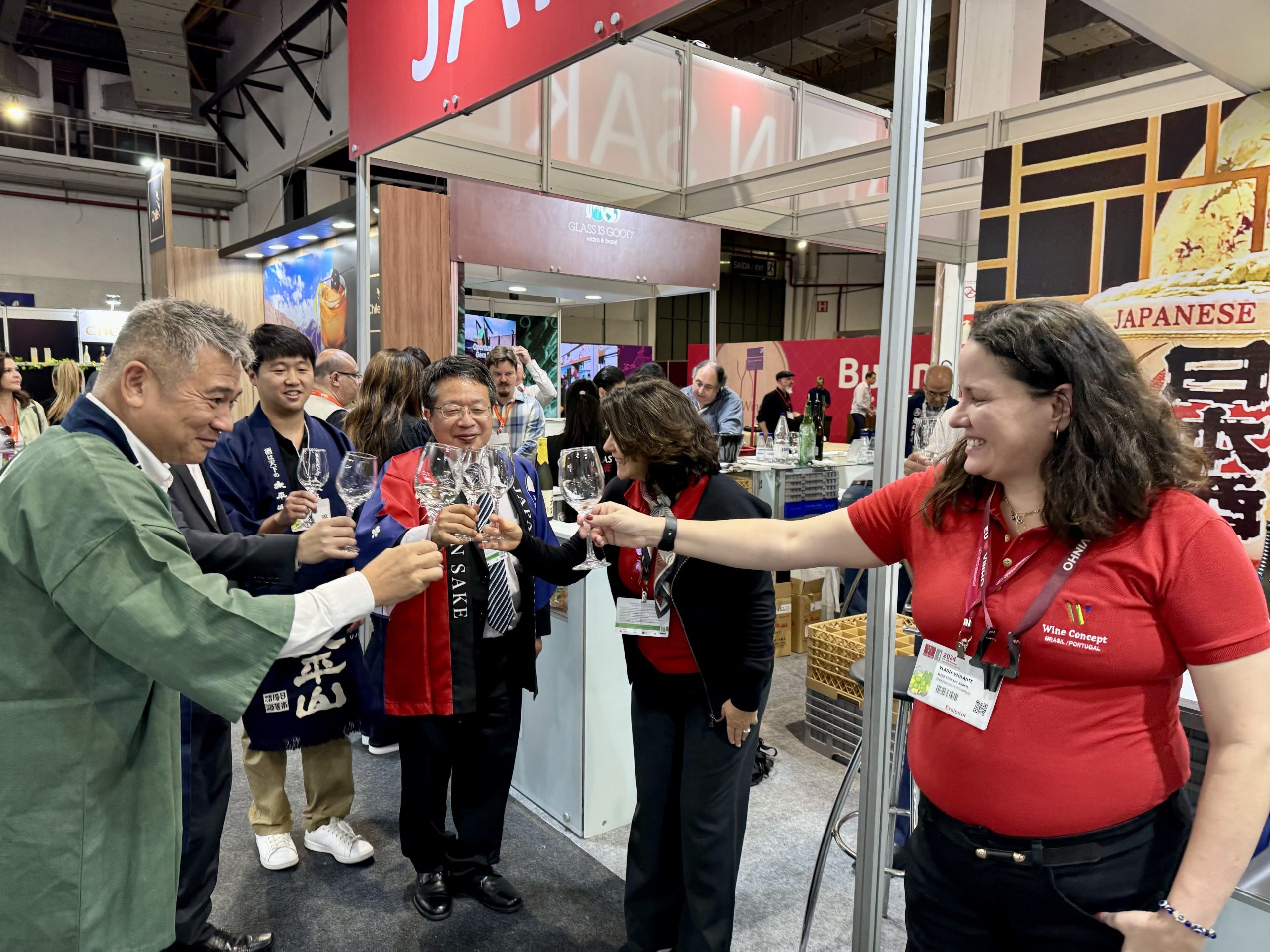Changyu brand value plummets 33% in a year, research finds
By Eloise FeildenThe brand value of Changyu is down by a third in 2024 as an influx of competing brands in the country put pressure on China’s biggest winery.

Changyu’s brand strength has fallen by 33%, according to a new report from brand valuation consultancy firm Brand Finance.
The business, China’s oldest and largest winery, was the second most valuable brand in the world last year. However, following a 33% brand value decrease to US$706.8 million, it is now in fifth place.
Brand Finance’s annual report analyses 5,000 of the biggest brands across different industries to rank those according to brand value and strength. Brand value is understood as the net economic benefit that a brand owner would achieve by licensing the brand in the open market.
Moët & Chandon maintained its position as the most valuable wine brand in the world, valued at US$1.4 billion. Second, third and fourth place were also taken by brands owned by LVMH. Chandon (brand value down 1% to $1bn), Veuve Clicquot (brand value up 2% to $959.2m), and Dom Pérignon (brand value up 7% to $799.8m) all rose one ranking, surpassing Changyu which fell from second to fifth place.
Henry Farr, director of Brand Finance, told db that increasing competition is putting pressure on the Chinese winemaker. “Brand Finance’s research indicates a drop in stakeholders’ perceptions of Changyu’s price premium,” he said. “This decline is likely due to the increasing competition from both domestic and international wine brands entering the Chinese market, which has put pressure on Changyu’s market position. Combined with weak financial performance over the past year, these factors have led to a decrease in Changyu’s brand value.”
Tariffs on Australian wine imported to China were lifted in March after three and a half years, resulting in an influx of shipments. Australian wine exports increased in value by 17% to AU$2.2 billion in the year to 30 June 2024, the highest level since the 12 months ended September 2021. Shipments to China were to thank for the growth. Volume exports to the People’s Republic rose from 1 million litres last financial year to 33 million in FY24. Value was up by AU$392m, totalling AU$400m year-on-year.
An influx of wines from Australia is likely to have impacted Changyu’s value this year, as the majority of sales are focused on the domestic market.
Partner Content
However, Farr argued that wider challenges in China’s economic landscape are partly to blame for the brand’s slide. He called China’s post-pandemic economic recovery “sluggish”, and argued that “while Baijiu and beer have seen growth, the wine market in China has been shrinking”.
This decline has affected not only Changyu but also other domestic wine brands and imported wines, all experiencing a downturn in sales, Farr said.
Indeed, for Australian wine, the rise in exports to mainland China is still a small fraction of historical peaks achieved in the market. Consumption of domestic and imported wines in Mainland China is also less than a third of what it was six years ago.
“Additionally, rising packaging and raw material costs have impacted Changyu’s revenue and profits. The resulting decrease in growth forecasts has further diminished Changyu’s brand value,” Farr told db.
Brand Finance also calculates scores for familiarity and consideration among consumers, for which Changyu still scored high in China.
Despite a 1.8-point drop to a Brand Strength Index (BSI) score of 81.5 out of 100, Changyu still holds the highest BSI score among wine and champagne brands. Brand Finance’s research, focused on Changyu’s primary market in China, found it excelled in familiarity and consideration.
Find out which are the top 10 wine brands in the world this year by clicking here.
Related news
The winemaking nations hit hardest by Trump tariffs
Hospices de Nuits-Saint-Georges auction: bucking the trend
‘Liberation Day’ or liquor lockdown? Trump’s tariffs rattle the wine & spirits world




